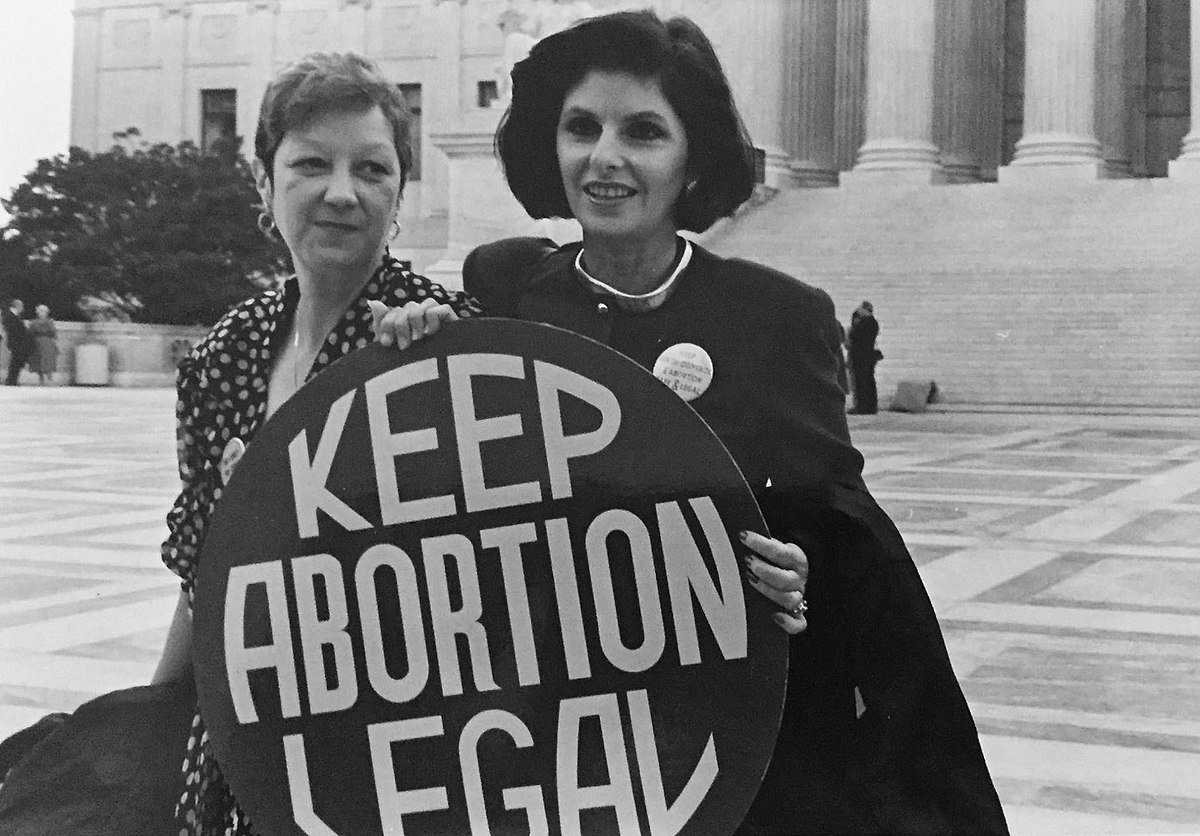Roe vs Wade: Outrage
By: Deanza J Andriansyah
Edited by: Fiorina Siamir
On the 24th of June 2022, Roe v. Wade was overturned. Outrage sparked all over the United States, with protestors demonstrating outside the Supreme Court. Why has the legal case caused so much controversy among the public?
The case began in 1970 when Norma McCorvey, under the fictional name of “Jane Roe”, initiated a federal case against district attorney Henry Wade of Dallas County, Texas, who defended anti-abortion laws - hence, Roe v Wade. Ms. McCorvey was pregnant when she filed the case, allegedly due to rape. However, the case was rejected, and she had to give birth.
In 1973, her appeal reached the US Supreme Court, and her proceeding was tried alongside Sand Ravensing, a 20-year-old Georgia woman. They argued that the Texas and Georgia Abortion Law violates the US Constitution because it violates women's right to privacy. The judge ultimately decided that the government did not have the authority to ban abortion. They ruled that the US Constitution protects women's right to abortion.
Although Roe v Wade was recently overturned, it does not mean that abortion is illegal all over the United States; it is up to each state to decide how much access to abortion would be given to women. Several states have put ‘trigger laws’ in place, which are unenforceable laws that can become enforceable if something changes. For instance, the laws that limited or banned abortion in individual states did not come into force as the Roe v. Wade case prevented abortion from becoming a crime nationwide. However, if the federal law was abolished, these trigger laws may come into force.
In the past, many states have made an effort to pass abortion laws to make it illegal unless it puts the pregnant woman’s life at risk. But since some of those laws violated Roe v Wade, they were struck down. Now that the case has been overturned, it is likely that they will come into force.
According to BBC News, more than 20 states will try to limit access to abortion. However, all states allow abortion to save the mother’s life, and some will also allow it in cases of rape or incest. Women who try to get an abortion won’t be punished by most states, but abortion providers and ones who try to help women get abortions will receive criminal penalties.
How will all of this affect the US and even the rest of the world? According to Guttmacher Institute, abortion will be illegal across most of the south and midwest. With no access to abortion, women might seek black market abortions done by unlicensed physicians or even perform the procedure themselves. Activists also say that this might cause other countries to restrict access to abortion as well - weakening women’s reproductive rights.
Whether it be on social media or through protests, people can be seen feeling outraged and saddened by the case. Undoubtedly, the overturning of Roe v Wade will make a big impact not only on women in the US, but even possibly all around the world.


